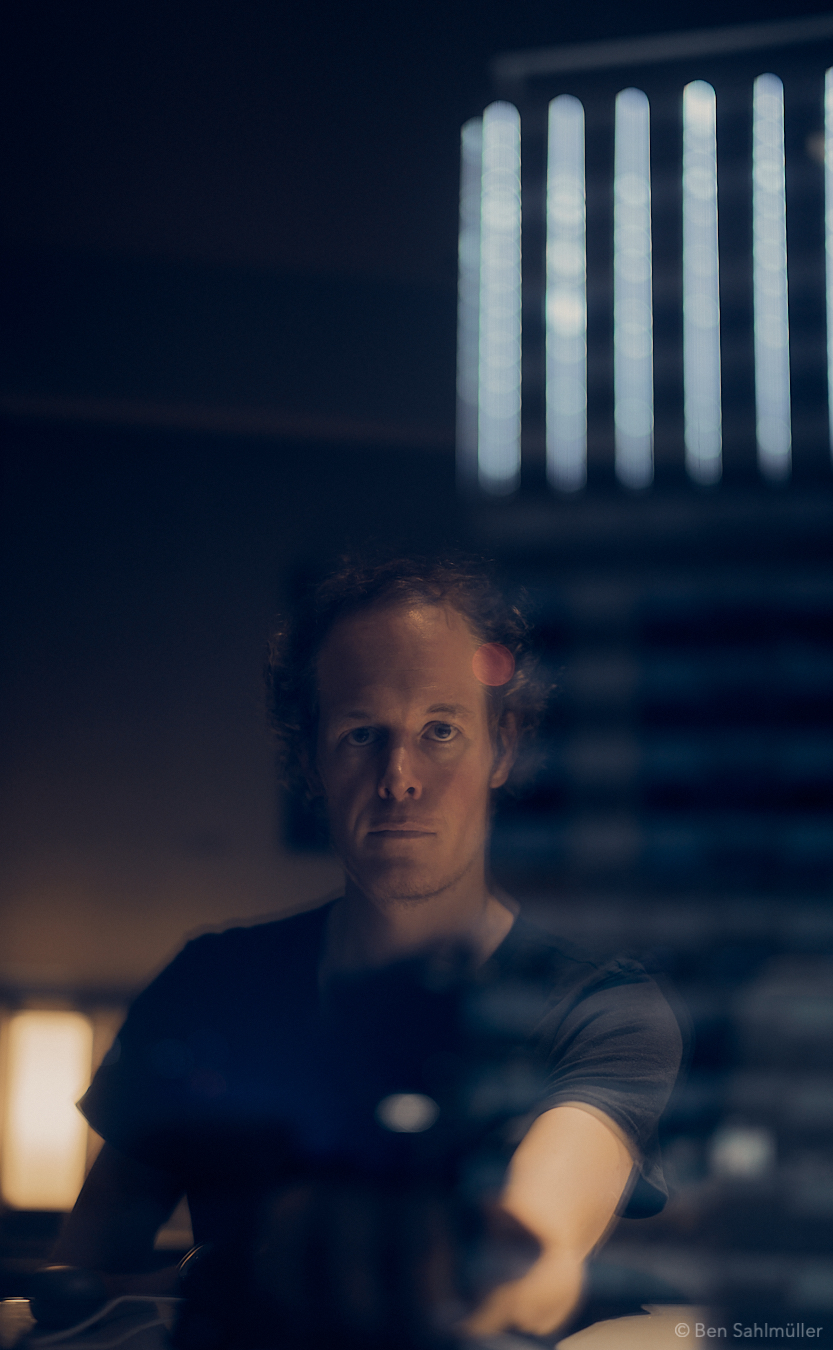Reflection
“Reflection” is an interesting action, to let your mind more or less run wild and hope something useful will stand at the end. (How wonderful that’s often the case!) German philosopher Andreas Reckwitz argued that self-reflection is not necessarily something “natural,” but a social practice like many others that was developed during the Renaissance and in its aftermath as people started to write and read and to construct stories and narratives about their lives. I think it’s an interesting idea, but I’m a sucker for slightly-too-big social theories. At least the way (“Bullet”) journals and Note-taking apps and diaries are marketed speaks to the theory that reflection indeed is a rather personal (solitary) practice based on writing.
This need not be so, though! First there is of course a conversational approach to reflection – a long walk with a friend along the shore during winter or around an autumn lake, for example, a mild summer evening on the balcony with one too many bottles of wine – pick your poison. (Even dinner at a meditation retreat or a therapy session might work if you prefer your friends not to know… whatever.)
And then there’s photography! It’s actually one of the things about photography I like most, the silent dialogue it allows with myself. While in normal times it is quickly directed outwards, towards people in the streets, birds in the air or the water in the sea, it took an inward-turn while I spent the two weeks in quarantine. “Reflection” here obtained a literal meaning, as I looked at my image on the screen of my camera or fixed my reflection in the window.
What role do images and photos play in your reflective practice? Are they the starting point of a habit of contemplation? Have you built rituals around them?
